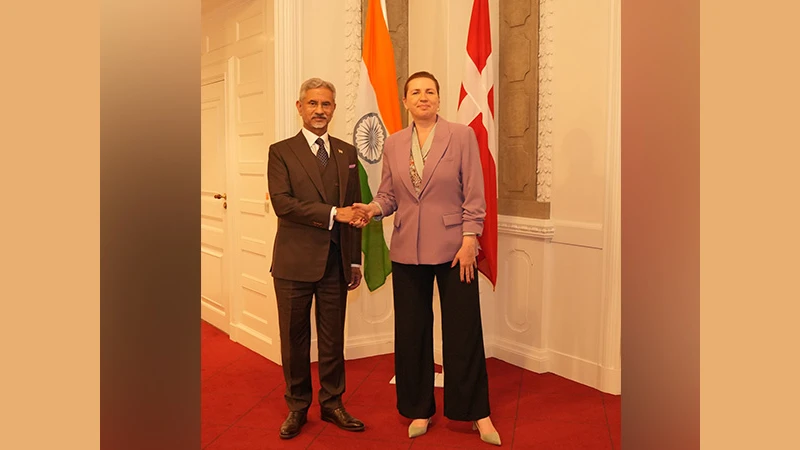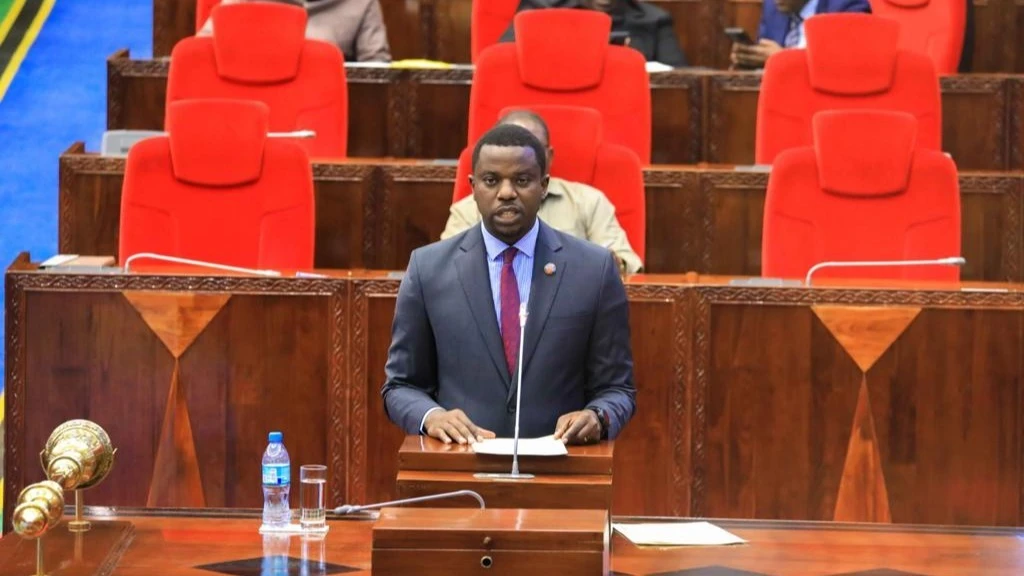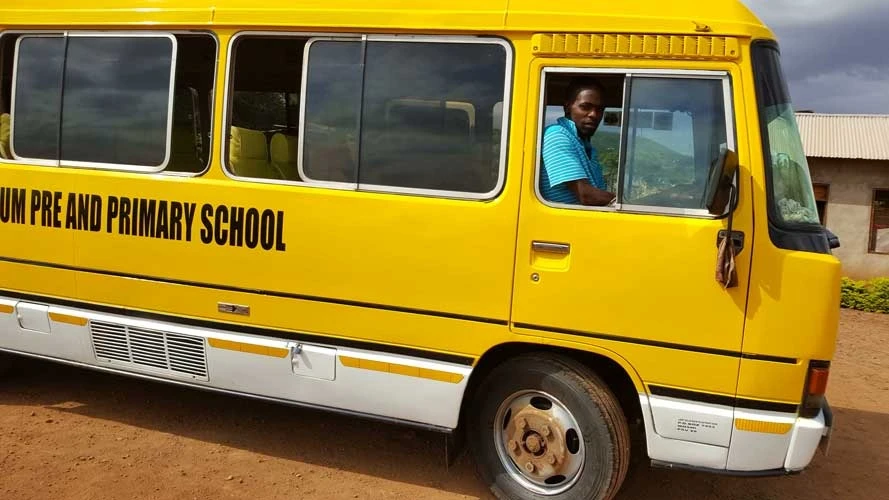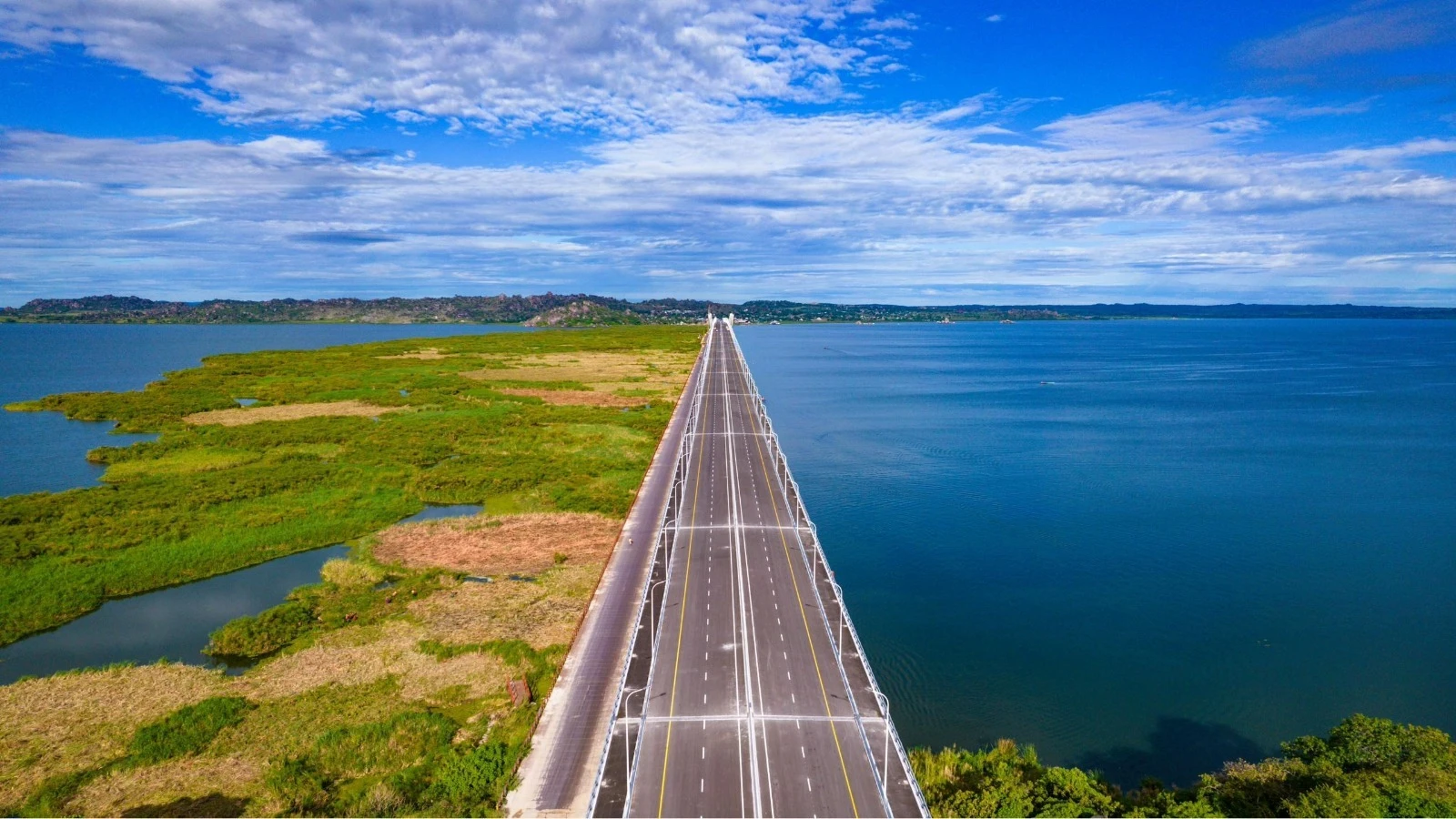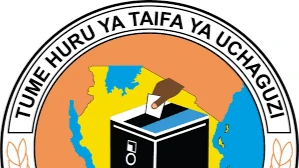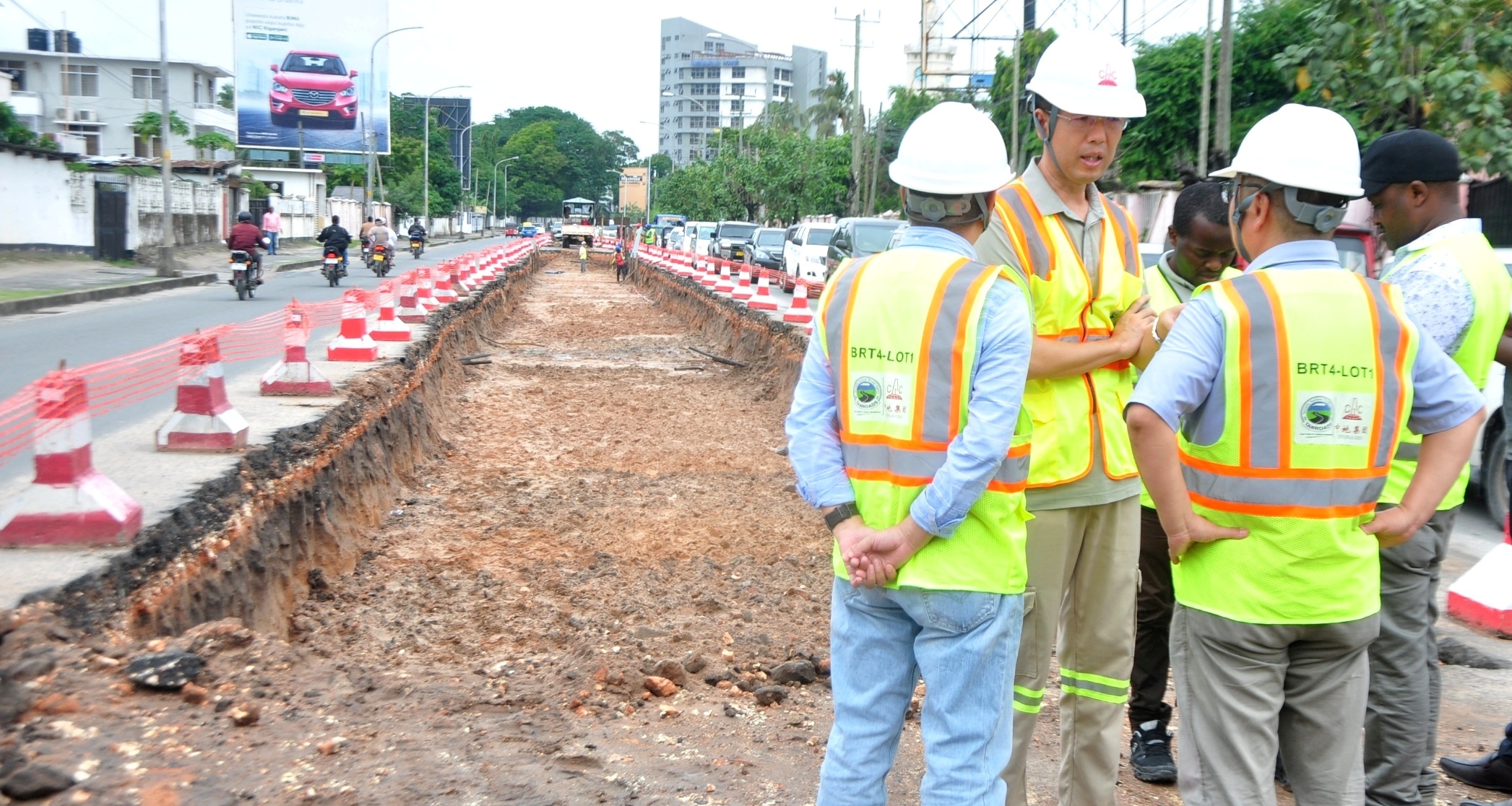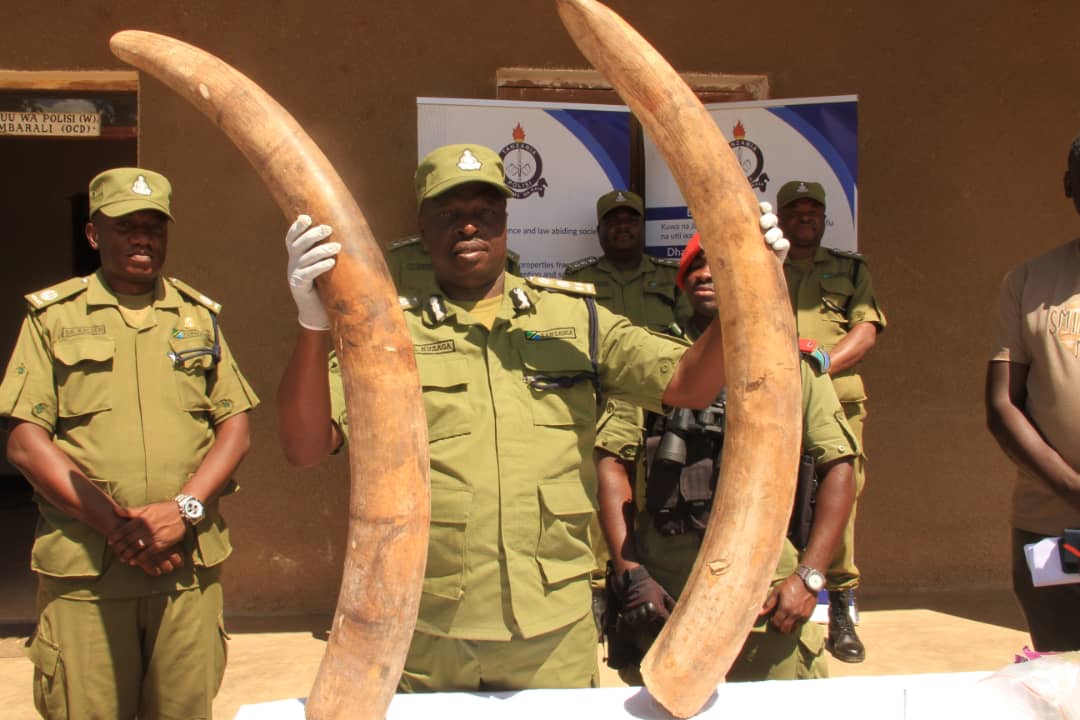Human rights commission solves 70pc of 2,190 cases
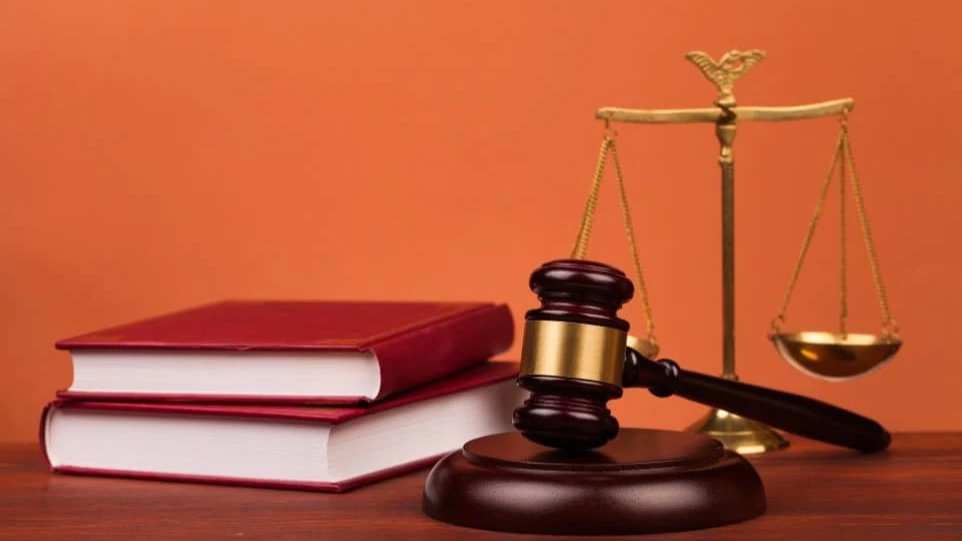
THE Commission for Human Rights and Good Governance (CHRAGG) had during the past four years handled 2,190 complaints where 70 percent of the cases were resolved.
Dr Damas Ndumbaro, the Constitutional and Legal Affairs minister, made this affirmation when presenting the ministry’s achievements in the past four years, underlining that CHRAGG, which plays a key oversight role, recently received a top-tier “Grade A” international ranking.
“This is the highest recognition for national human rights institutions. It shows Tanzania is performing well on this front. We should not be misled by propaganda from outside,” he said emphatically, in relation to wrangling over external observers monitoring a treason case facing leading opposition leader Tundu Lissu.
He pointed at major reforms in legal aid, judicial processes and access to justice, particularly for marginalized communities, underlining that from November 2021 to March 2025, upwards of 62,000 people received legal aid through the Legal Aid Coordination Unit and partner organizations.
Of these, 59.6 percent were women, while 2,963 were children and 862 were persons with disabilities, he elaborated, pointing at the presidential legal aid campaign, regional legal desks and a network of over 300 registered legal aid providers participating in legal aid efforts.
“This reflects the government’s commitment to ensuring no one is left behind when it comes to justice,” he said, elaborating that the government finalized the National Legal Aid Policy.
The format promotes structured and sustainable service delivery, cultivates civil society partnerships, stakeholder capacity-building and legal literacy, he stated.
He explained that more than 500 legal aid officers and paralegals attended training sessions in 25 workshops to enhance service quality, while the judiciary has embraced digital case management systems, with over 5,000 case files processed electronically by early 2025.
This has contributed to a significant drop in primary court resolution times—from 12 months to just seven months, he said, noting that digital transformation had cut paperwork and curbed openings for corruption, increasing public confidence in the judicial system.
There were 48 awareness campaigns reaching around 310,000 people, especially women, youth and the elderly, where the meetings were held in markets, schools and routine village meetings, he stated.
A review of more than 30 outdated laws was being conducted to align them with the constitution and international human rights treaties, he said, noting also that the government plans to build 12 primary courts in underserved areas and recruit 300 magistrates and legal officers during fiscal 2025/26.
“As Tanzania aspires to become a nation grounded in the rule of law, these legal reforms show a strong political will to protect rights, uphold the constitution and ensure justice for all—especially the vulnerable,” the minister declared.
He also had sharp remarks concerning influential Kenyan lawyers and others prevented from entering the country at the start of the week, saying that they lacked permits to practice law in Tanzania.
Those individuals claimed they had travelled to observe the ongoing court case involving leading opposition leader Tundu Lissu, he said, in remarks that followed a media uproar in the region following restraints placed on advocates Martha Karua and Dr Willy Mutunga at the Julius Nyerere International Airport early in the week.
The first is a noted contender in the 2027 presidential election in Kenya, and the second a former chief justice who once studied at the University of Dar es Salaam.
Explaining the decision to block the law activists, he referred to strident remarks by President Samia Suluhu Hassan in unveiling a foreign policy format update in Dar es Salaam on Monday that the president spoke on the matter with great decorum.
‘But some of us do not always keep our decorum at home,” he stated, underlining that as a lawyer, “I can say they did not have licenses to practice law in Tanzania. What they intended to do violates our legal frameworks.
“They have failed to resolve their own issues but want to solve those of others—that is hypocrisy. We Tanzanians do not entertain hypocrisy, especially on matters of human rights,” he declared.
Tanzania has strong constitutional mechanisms for human rights, including the human rights and governance commission which plays a sterling role, he added.
Top Headlines
© 2025 IPPMEDIA.COM. ALL RIGHTS RESERVED








